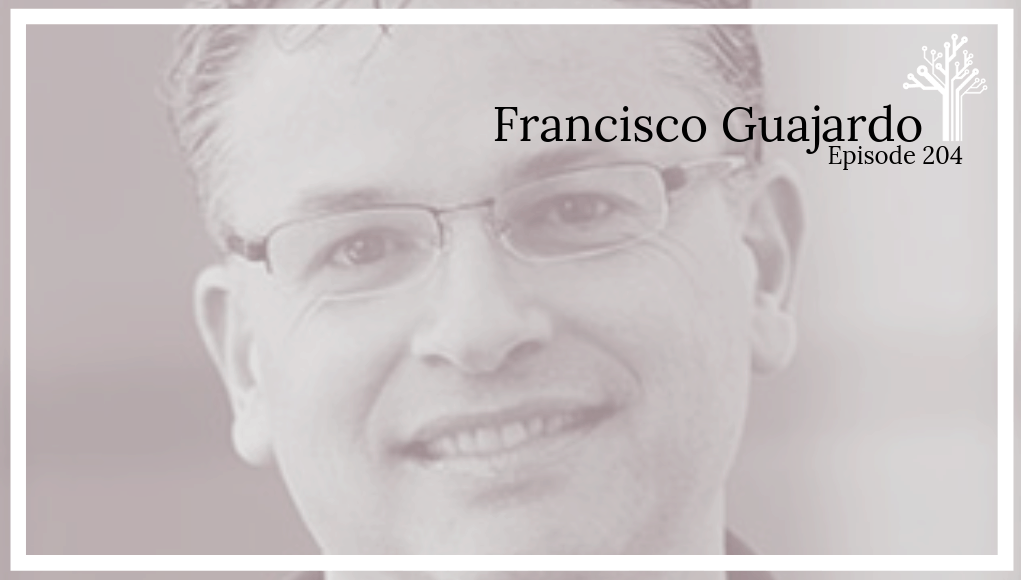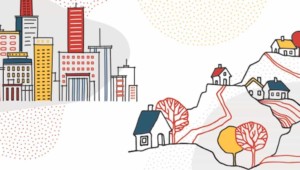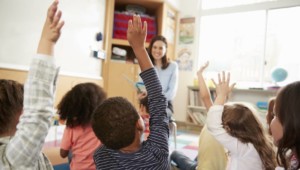Podcast: Francisco Guajardo on the Language of Place

Francisco Guajardo was born in Mexico and raised in a small border town in Texas. One of four boys, he enjoyed his parents’ storytelling. These stories developed his consciousness of place.
After earning a masters degree in history, Guajardo taught in his hometown high school for a dozen years before going back to UT Austin for a PhD. A fellowship to Oxford helped him realize that it wasn’t English Literature that was his calling, it was the stories of Valley.
As a Professor of Education at University of Texas Rio Grande Valley, Guajardo leads the B3 Institute, a program that promotes bilingualism, biliteracy, and bicultural education while respecting the history and culture of the region.
“Through the work of the B3 Institute,” said Guajardo, “we encourage teachers and university professors to dive deeply into their own stories because it can help them guide their students go through similar processes.
About primary education, Francisco sees fun, imagination, and creativity as the primary ingredients. Middle grades should be kinesthetic and integrated with place according to Guajardo. He thinks high school should be a place of listening to the stories of elders, gaining respect for place, finding their voice, and beginning to imagine their place in the world.
Guajardo appreciates the work of the Teton Science School where he serves as an advisor. With well-timed stories, he adds a little creative tension around race, place, and language.
Key Takeaways:
[1:19] Francisco speaks about his upbringing and early education.
[1:57] About Francisco’s later education and current career.
[4:33] As a noted expert in place-based education, when did Francisco become conscious of the power of place?
[10:13] About Francisco’s role as Executive Director of the B3 Institute where he explores bilingualism, biliteracy, and biculturalism
[12:27] Why does Francisco serve on the advisory board at Teton Science Schools?
[13:57] When Francisco thinks of primary-aged kids, what role should place play?
[14:50] What pictures come to mind when Francisco considers the role place plays with grade 4-5?
[15:36] How should high school kids be interacting with their communities?
[16:30] Where to learn more about Francisco’s work!
Mentioned in This Episode:
University of Texas Rio Grande Valley (UTRGV)
B3 Institute at UTRGV
Teton Science Schools
Getting Smart’s Place-Based Education Series
For more see:
- Getting Smart Podcast | Experiencing Place-Based Education at Teton Science Schools
- Place-Based Education Anchors Learning in the Community
- All Children Should be Bilingual: The Dual Language Economic Imperative
Stay in-the-know with innovations in learning by signing up for the weekly Smart Update.







0 Comments
Leave a Comment
Your email address will not be published. All fields are required.